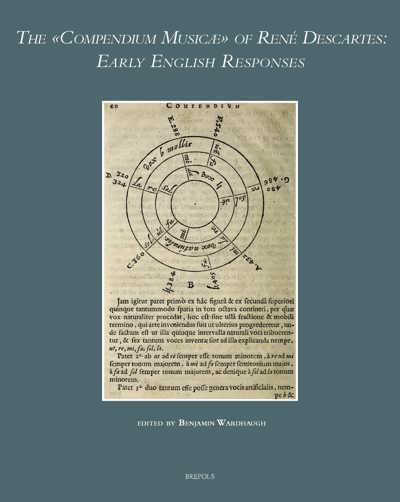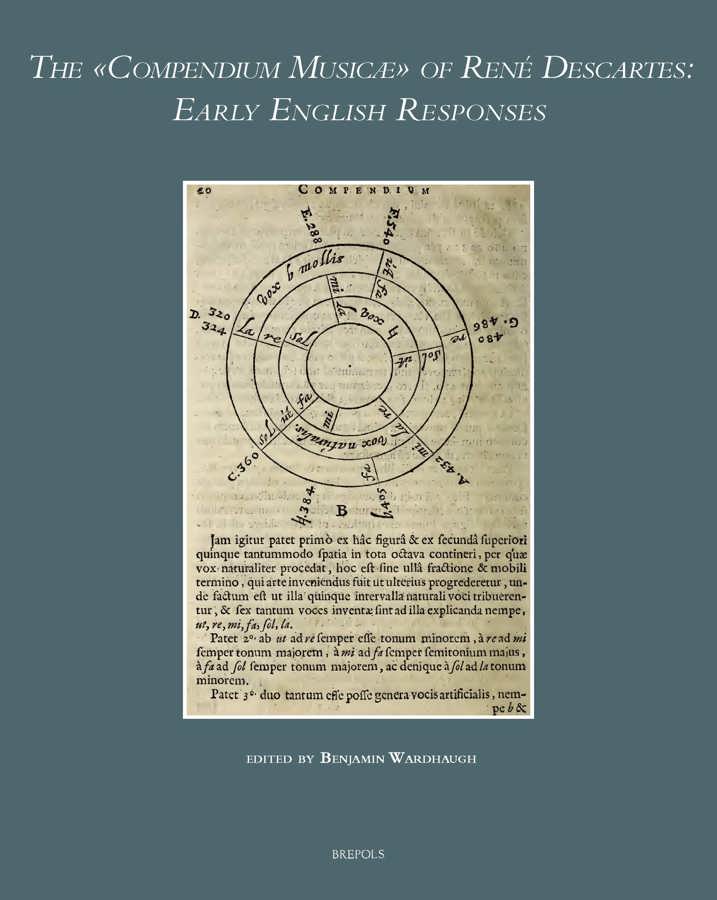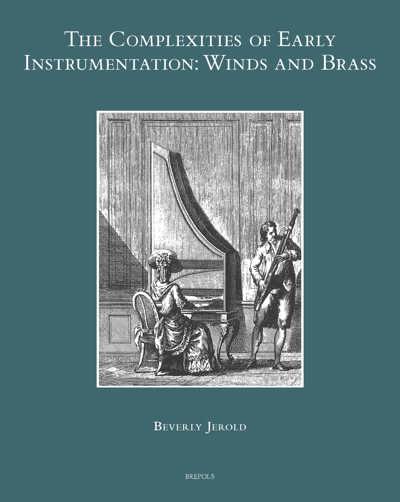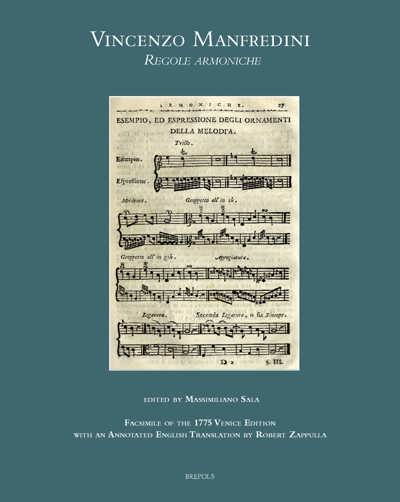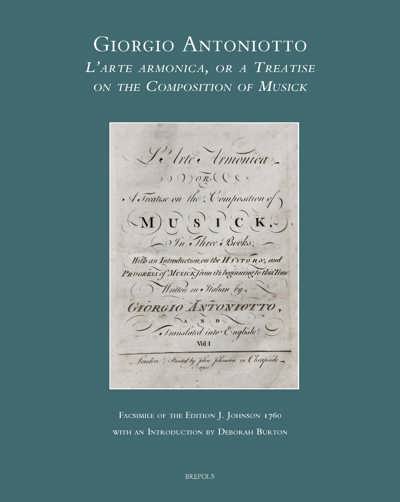
- Pages: 320 p.
- Size:210 x 270 mm
- Illustrations:15 b/w
- Language(s):English
- Publication Year:2014
- € 110,00 EXCL. VAT RETAIL PRICE
- ISBN: 978-2-503-54898-2
- Hardback
- Available
"Les musicologues, traducteurs, historiens de la théorie musicale, philosophes et lecteurs curieux apprécieront à juste titre ce livre si bien présenté, faisant largement le tour de la question, donnant un aperçu éloquent des problèmes et difficultés de traduction technique (anglaise-française) et soulignant le rayonnement et la diffusion du Compendium Musicae de René Descartes, replacé dans ses divers contextes, ainsi que les réactions qu'il a suscitées du XVIIe siècle à nos jours. Une autre facette du génie de R. Descartes." (Édith Weber, dans: Cahiers de sociologie économique et culturelle, n° 56, décembre 2013 (paru en 2014), p. 152-154)
"The texts are diligently edited and carefully annotated. (...) The volume convincingly demonstrates the eminent role music theory played in the development of sciences (...)" (Eberhard Knobloch, in: Zentralblatt MATH, 1297.1, 2014)
René Descartes’s Compendium musicæ was one of the most widely-read texts on the mathematics of music in the second half of the seventeenth century, offering a succinct and lucid summary of its subject. It was translated into English, French and Dutch before the end of the century — though its idiosyncratic geometrical approach to music drew criticism as well as praise — and its sophisticated mathematical thinking attracted a number of later scholars to explore its ideas further in print or manuscript. This volume presents for the first time a critical edition of the English translation of the Compendium, published in 1653 by the natural philosopher Walter Charleton. Also included are the unpublished manuscript treatises written by Nicolaus Mercator and Isaac Newton developing similar ideas to those in the Compendium, and the printed remarks of William Brouncker which appeared with Charleton's translation. This rich collection of texts, most of them appearing in critical editions for the first time, provides a unique view of the early reception of Descartes’s musical treatise in England.
Introduction
Editorial Policy
Chapter One: Renatus Des-Cartes Excellent Compendium of Musick (1653)
Chapter Two: Isaac Newton’s Musical Notes (1665)
Chapter Three: Isaac Newton, ‘Of Musick’ (1665?)
Chapter Four: Nicolaus Mercator’s Musical Notebook
Chapter Five: Nicolaus Mercator, ‘Theoria musices’
Chapter Six: Nicolaus Mercator, ‘Of Musick’ (1)
Chapter Seven: Nicolaus Mercator, ‘Of Musick’ (2)
Bibliography
